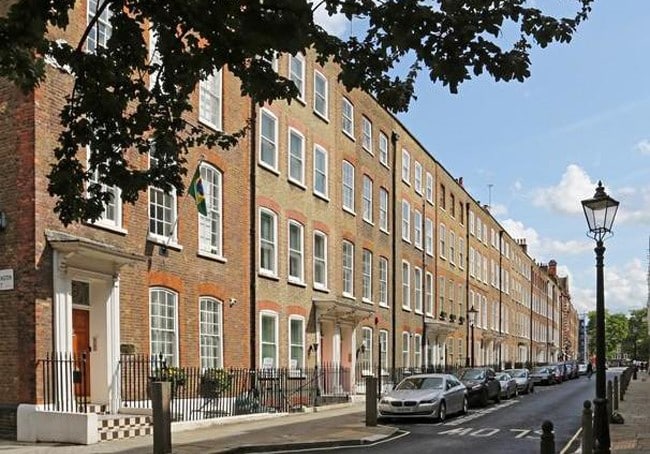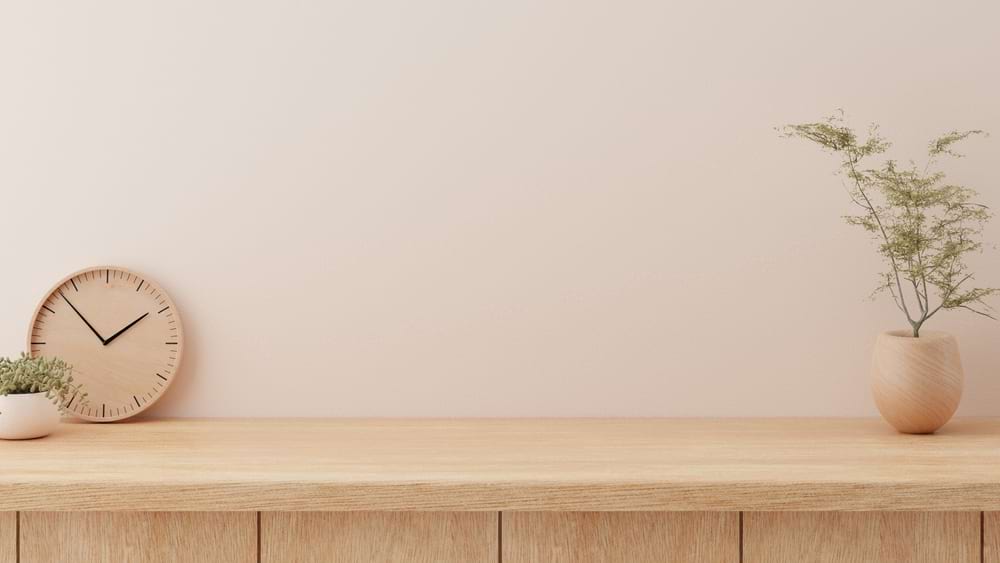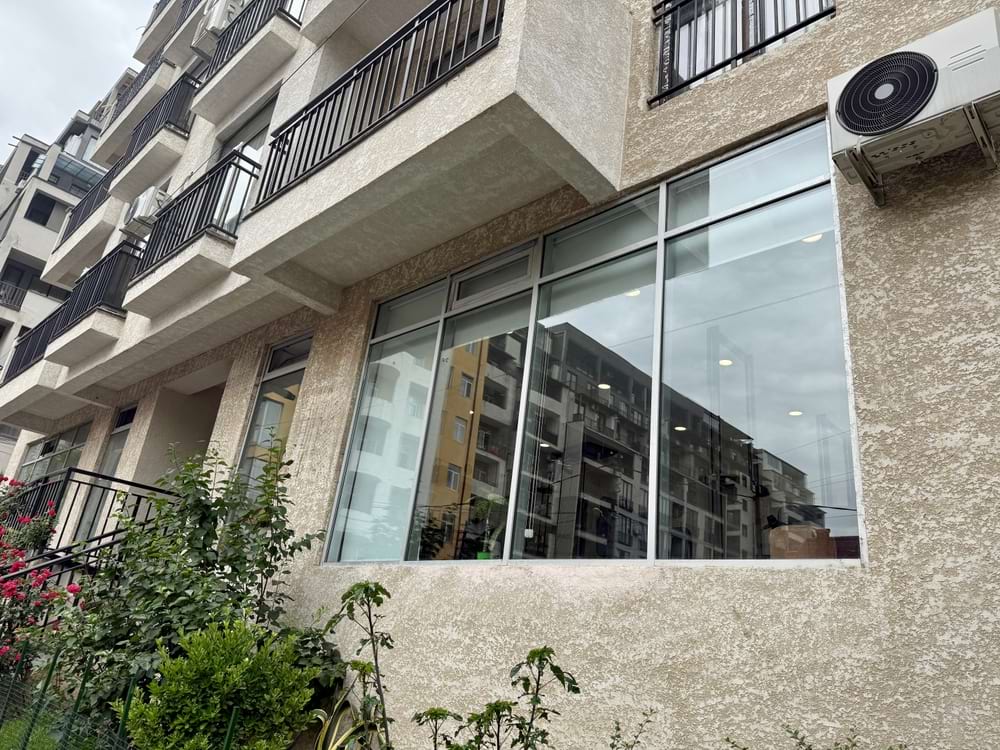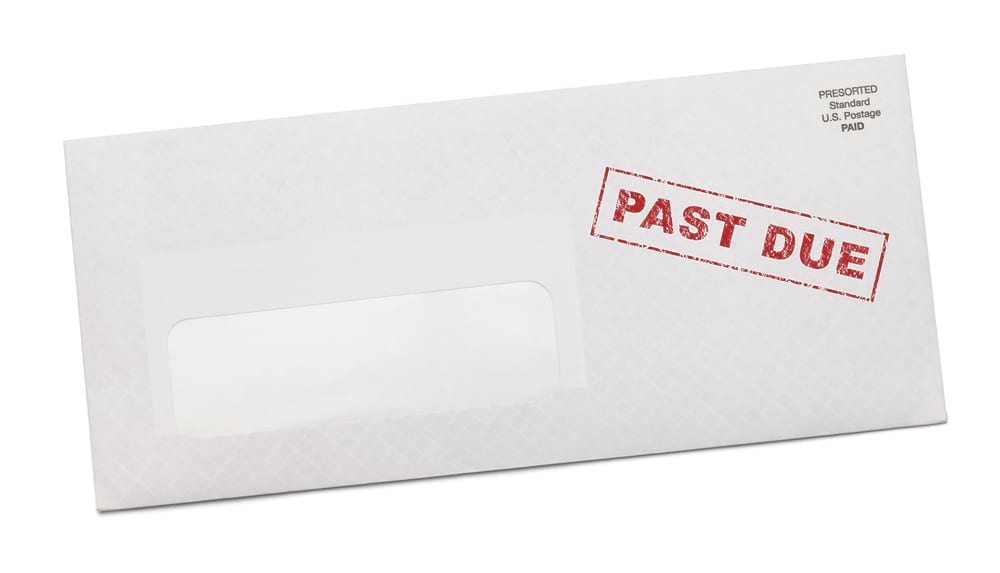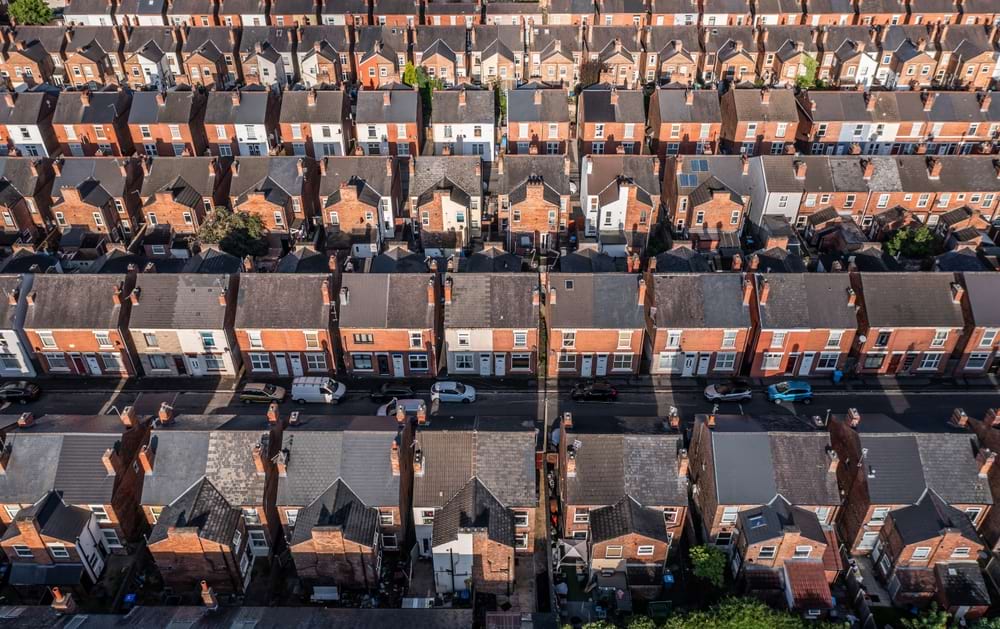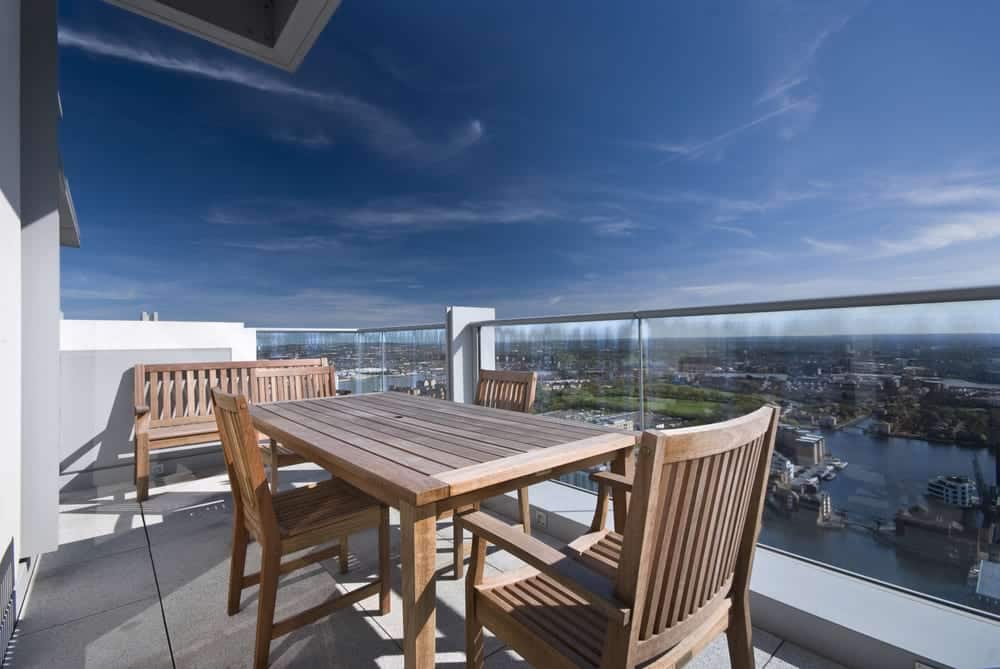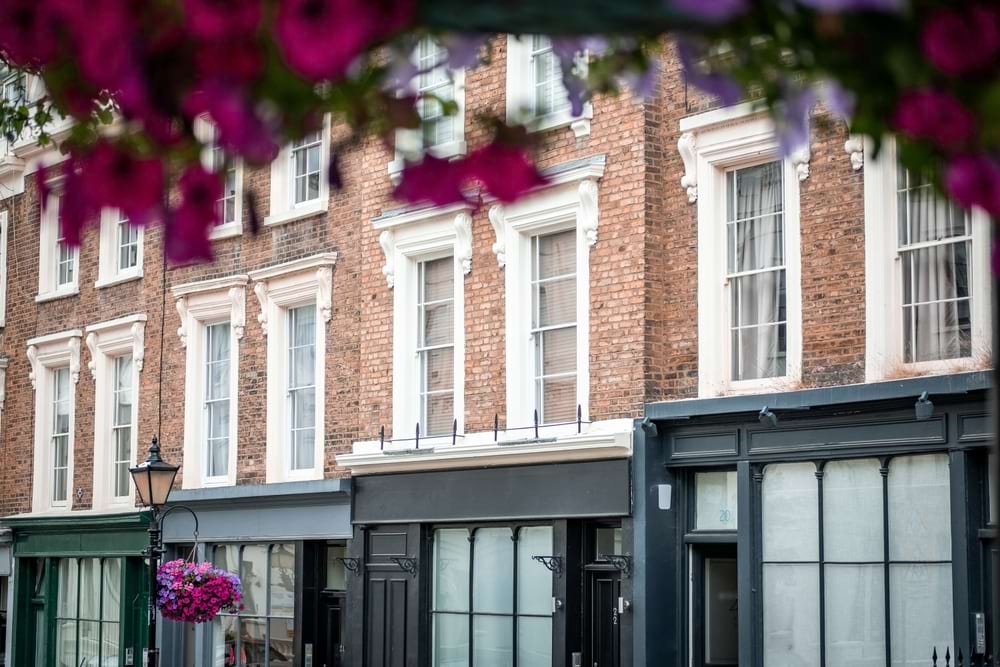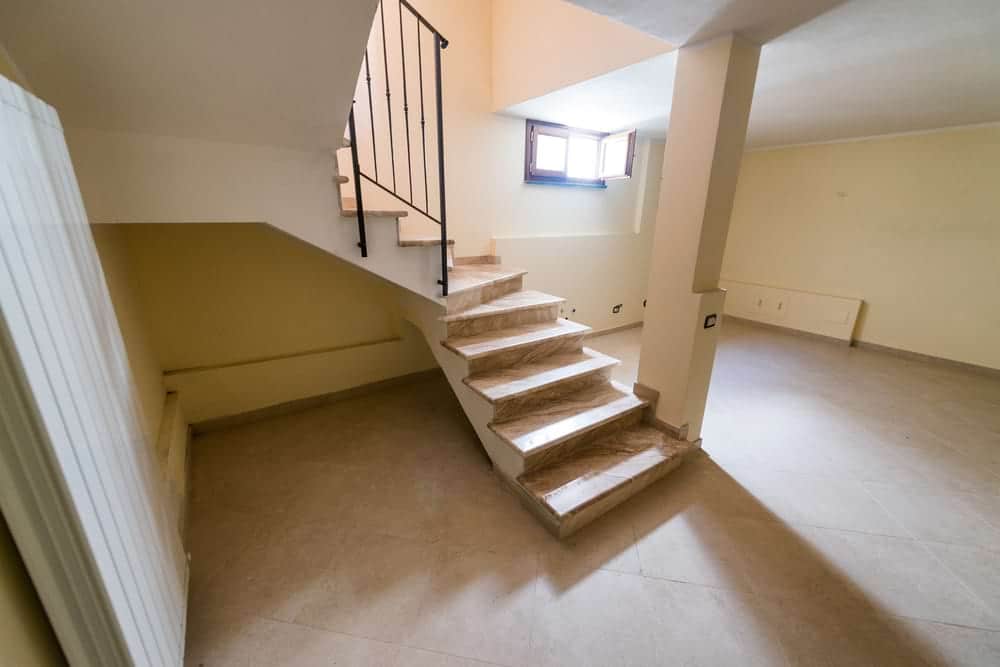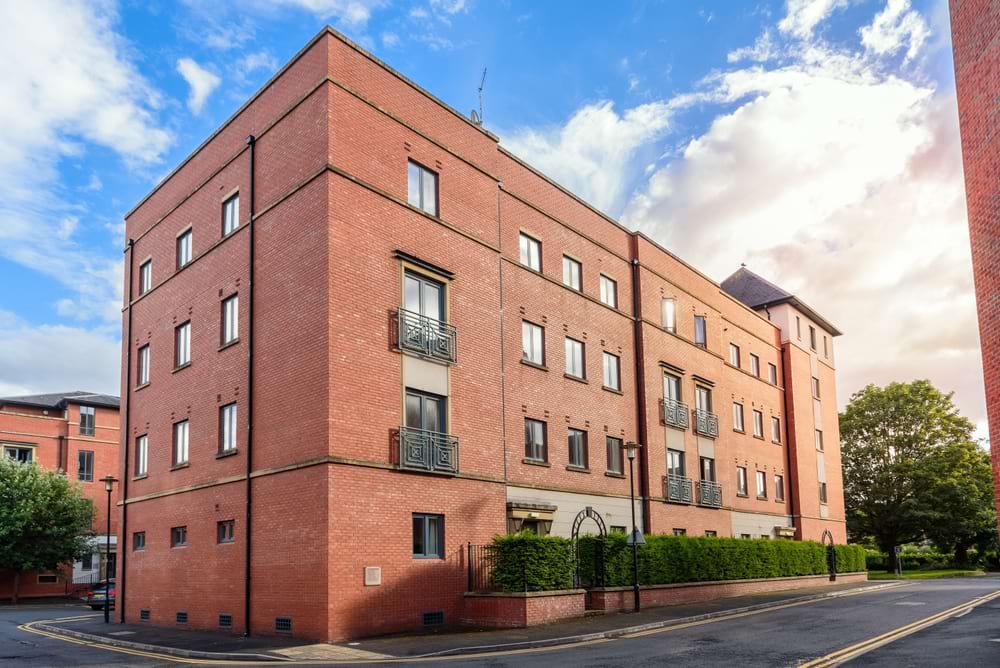Flats are great for certain situations.
For example, getting on the property ladder, investing, downsizing, and more.
But there are drawbacks, too.
Read on to learn more about buying a flat, its pros and cons, and more.
Type of flat
There are many types of flat. They range in size and number of rooms, from small studio flats to large penthouses.
Some of these bring their own unique advantages and disadvantages. For example, maisonettes often come with private entrances and even gardens.
They can also be located in different places, from above shops to tower blocks.
Advantages of buying a flat
1. Lower price
In the UK, flats are generally in a low price range, making more affordable for first time buyers.
You can buy one with a smaller deposit and a lower salary, in comparison to other types of property.
2. Convenience
Flats are also generally easier to maintain. There are less rooms to clean and items to fix.
The maintenance of the building you live in is often the responsibility of someone else. You need to pay a service charge for this.
3. Security
Plenty of flats have increased security measures, such as:
- Several layers of coded doors
- CCTV throughout the building.
- A caretaker or security guard who sits at a front desk.
However, note that some consider ground floor flats less safe.
4. Extras
On some occasions, a modern flat building will have shared spaces and facilities, such as:
- A gym
- An outdoor area
- Bike racks
- A swimming pool.
5. Investment
There are three main ways to invest in flats:
- Living in a flat (or having family members live in it): Over time, the flat will likely increase in value. This is especially true if it’s well-maintained or (if needed) renovated.
- Renting it out: You can also benefit from tenants’ rental income. A buy-to-let mortgage involves paying off only the interest on the property.
- Flipping the flat: Flipping a property means buying and selling within a short time frame. It often involves renovation, so is often done by experienced companies or individuals. However, sometimes it’s done by investors who outsource these tasks.
Disadvantages of buying a flat
1. Space
Barring a few exceptions (such as maisonettes and penthouses), flats are relatively small.
They also don’t often have a private garden area (though some have communal gardens).
Unlike in houses, there is no option to extend a flat to create more space.
2. Noise & privacy
Neighbours are often within earshot in flats. Unwanted sound might come through several sources, including:
- Walls
- Ceilings and floors
- Hallways.
And more.
There are limited steps you can take, such as soundproofing your ceiling. But the density of people in flats means privacy and quiet are harder to achieve than in houses.
3. Time to sale
At around 28 – 31 weeks, UK flats take longer to sell than houses (16 – 25 weeks).
There are several reasons for this, many related to reliance on third parties. Leaseholds mortgages, and other issues need to be organised.
4. Restrictions
One of the main disadvantages is that there may be restrictions about what you can or can’t do in the flat.
For example:
- Owning a pet
- Smoking
- Subletting.
You should make sure that you are familiar with these rules before you buy the flat.
What to consider when selling your flat
Leasehold length
Most flats come with leaseholds.
Flats with leaseholds can increase in value over time. But short leaseholds decrease value and make mortgages difficult to gain.
Lease lengths greater than 99 years are ideal.
Necessary documentation
New legislation from the UK government means that a flat seller needs an EWS1 form when selling. You should ask them for this document.
As of 2025, rental flats need a minimum Energy Performance Certificate rating of ‘C’.
Additional charges
Whilst flats are typically less expensive than houses, they come with unique charges. The main two are:
- Service charge: will cover the maintenance of the communal parts of the building. The typical service charge is between £200 to £500
- Ground rent: This covers the cost of the land your flat is built on. The average annual charge is around £500.
Building insurance for a leasehold flat
Freeholders usually have building insurance on the entire development.
The cost of this may be included in ground rent or charged separately.
In some cases, leases require leaseholders have building insurance from a named insurer.
